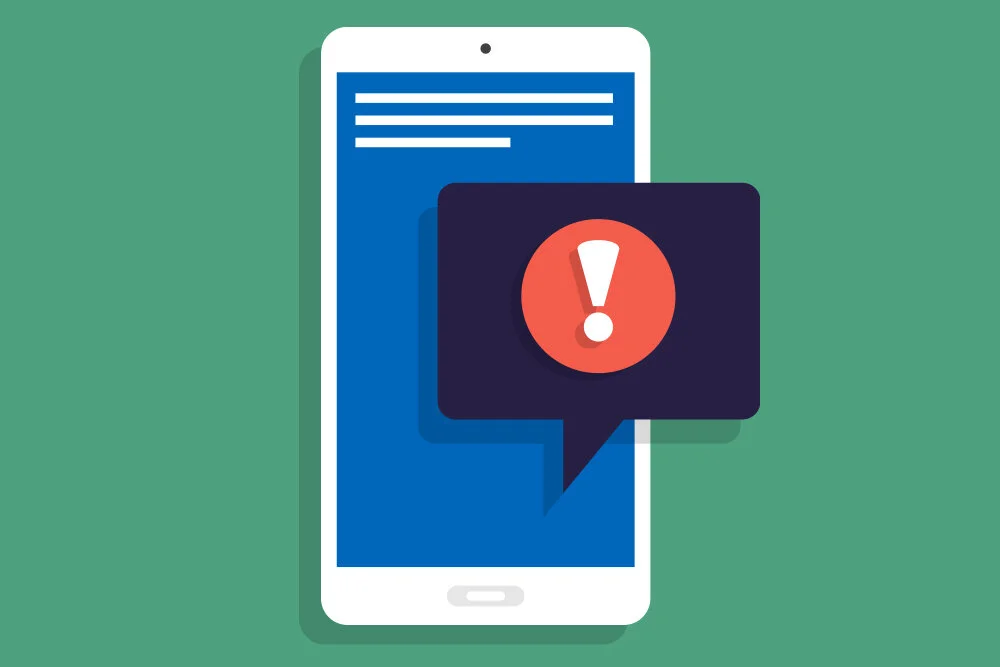FINANCIAL & CYBER SECURITY
INFORMATION & TIPS ON KEEPING YOUR MONEY SAFE
Now more than ever, the Internet has become an integral part of our daily lives. From online shopping, paying monthly bills, or planning family vacations, the World Wide Web has created unprecedented convenience for online users, but yet, has also opened the door to extraordinary potential for fraudulent activity and identity theft for consumers.
Identity theft is the fraudulent use of a person's personal identifying information. Often, identity thieves will use another person's personal information, such as a social security number, mother's maiden name, date of birth, or account number to open fraudulent new credit card accounts, charge existing credit card accounts, write checks, open accounts, or obtain new loans.
Cybercrime is a growing concern for financial institutions and consumers alike. The Federal Bureau of Investigations’ Internet Crime Complaint Center received 289,874 consumer complaints of internet fraud and other cybercrimes in 2012. These crimes resulted in an estimated adjusted dollar loss of approximately $525 million.
We at Fort Sill Federal Credit Union would like to offer our members some helpful tips and advice to aid in protecting your personal and financial information from potential cybercrime or identity theft.
By adhering to cybersecurity safety tips, you and your family can help reduce your risk of potential cybercrime and identity theft.
TEXT FRAUD ALERTS
Our debit and credit cards are monitored by a Fraud Detection Center to help prevent your card from being used maliciously. If unexpected or fraudulent transactions are detected, you will receive a text message from our FREE Text Fraud Alerts service.
FIND OUT MORE
Is your credit card lost or stolen? Please contact the following number: 800-472-3272 / Opt.2
Tips To Keep Your Money & Information Safe
Create Strong Passwords:
Using unique passwords for all of your financial accounts and changing them regularly can help you combat information theft and keep your account secure.
Be sure to include a combination of upper and lowercase letters, numbers, and special characters.
Enable Two-Factor Authentication (2FA):
Enable 2FA whenever possible!!!
This adds an extra level of security by being a second verification step.
There are 2FA that come in the form of apps, text messages, or phone calls that give you a code you must enter before getting into your account, in addition to requiring your password.
2FAs are a great way to have that extra security buffer in case your password gets compromised.
Be Cautious With Personal Information:
Avoid sharing sensitive financial information, such as account numbers or Social Security numbers, through email or text messages.
Legitimate financial institutions, such as Fort Sill, will typically not request this information via these channels.
Use Secure Wi-Fi Networks:
When accessing your financial accounts or making online transactions, ensure you are connected to a secure Wi-Fi connection.
Avoid using public Wi-Fi networks, as these are more vulnerable to hacking.
Regularly Update Software:
Whether you are using your smartphone or computer, be sure to have your devices up to date with the latest security patches and software updates.
These help protect against known vulnerabilities that cybercriminals may attempt to exploit.
Be Wary Of Phishing Scams:
Be cautious of unsolicited mail, emails, calls, or messages requesting personal or financial information.
Phishing scams often impersonate reputable institutions and can trick you into disclosing sensitive information.
Be sure to verify the legitimacy of requests independently before providing any information.
Monitor Your Accounts:
It is vital you regularly review your bank and credit card statements to ensure no unauthorized transactions are being made.
You can also set up transaction alerts or notifications using your credit union’s Mobile App to receive instant updates on any account activity.
Educate Yourself:
It is important you stay up to date about the latest security threats and scams so that you can be wary and avoid them!
Be aware of common tactics used by cybercriminals and regularly educate yourself on best practices for online security.
Contact Fort Sill FCU for any further cybersecurity questions!
FRAUD ALERTS
CREDIT REPORT
Review your credit report regularly to protect yourself from identity theft.
Identity thieves may use your information to open a new credit card account in your name. Then, when they don't pay the bills, the delinquent account is reported on your credit report.
Inaccurate information like that could affect your ability to get credit, insurance, or even a job.
Report any stolen finances or personal identities to your local law enforcement and financial institution as soon as possible.
PERSONAL INFO
Secure your accounts: Ask for protection beyond passwords. Many account providers now offer additional ways for you to verify who you are before you conduct business on that site.
Make passwords long and strong: Combine capital and lowercase letters with numbers and symbols to create a more secure password.
Unique account, unique password: Separate passwords for every account helps to thwart cyber criminals.
Write it down and keep it safe: Everyone can forget a password. Keep a list that’s stored in a safe, secure place away from your computer
Own your online presence: When available, set the privacy and security settings on websites to your comfort level for information sharing. It’s okay to limit who you share information with.
DIGITAL BANKING
Keep a clean machine by making sure your security software, operating system and web browser are up to date.
When in doubt throw it out. Don’t click on any links or open attachments unless you trust the source.
Make your passwords long and strong and unique. Combine capital and lowercase letters with numbers and symbols to create a more secure password. Use a different password for each account.
Set your browser security high enough to detect unauthorized downloads.
Use a pop-up blocker (the links in pop-up ads are notorious sources of malware).
Back up your data regularly (just in case your computer crashes). Protect all devices that connect to the Internet. Along with computers, smart phones, gaming systems, and other web-enabled devices also need protection from malware.
Make sure all members of your family follow these safety tips (one infected computer on a home network can infect other computers).












